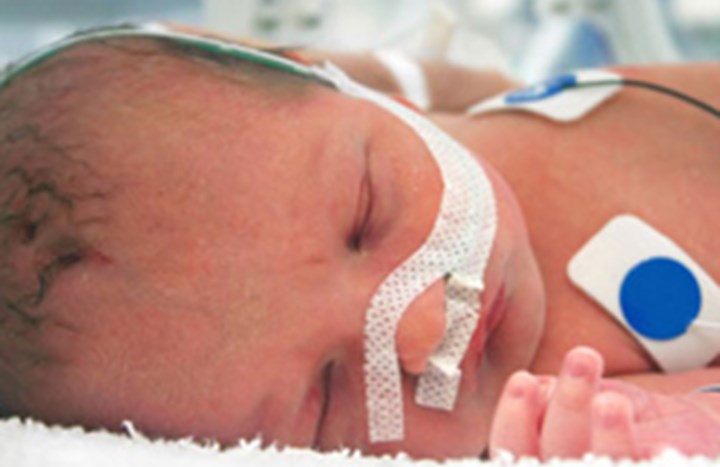1-10 of 20 result(s)

New research looks at brain development after premature birth
A research team has been looking into the effects being born ‘too early’ has on the brain and how to improve the future outcome for preterm babies.RCM commends London trust for introduction of paid leave for parents of premature babies
The Royal College of Midwives (RCM) has commended University College London Hospitals (UCLH) on its introduction of extra support and paid leave to staff whose babies have been born prematurely or for those who may need extra special care.
Review estimates levels of preterm birth in 2014
A global preterm birth rate has been estimated at 10.6% for 2014, new analysis has found. It equates to an estimated 14.8 million live preterm births.New standards set benchmark for preterm and sick babies’ care
The European Standards of Care for Newborn Health have been published, setting a new benchmark for the care of preterm and ill babies.
Rise in preterm births linked to clinical intervention
Preterm births in South Australia have increased by 40% over 28 years, according to new research.
Preterm birth rates highest in Asia and sub-Saharan Africa, research says
A new paper estimates that nearly 11% of all live births were preterm in 2014, with 81% of them occurring in Asia and sub-Saharan Africa.RCM comments on breastmilk and pre-term babies study
Research published today by the University of Edinburgh has found that babies born before their due date show better brain development when fed breast milk rather than formula.
Pain study tests morphine for effectiveness on premature babies
Administration of oral morphine (100μg/kg) to non-ventilated premature infants has the potential for harm without analgesic effectiveness, a study concludes.
A reduction in premature births during COVID-19
A remarkable reduction in premature birth has been found in two studies. Although neither have yet been published in peer reviewed journals, the findings from Ireland and Denmark are receiving plenty of interest. The findings of both studies ...
